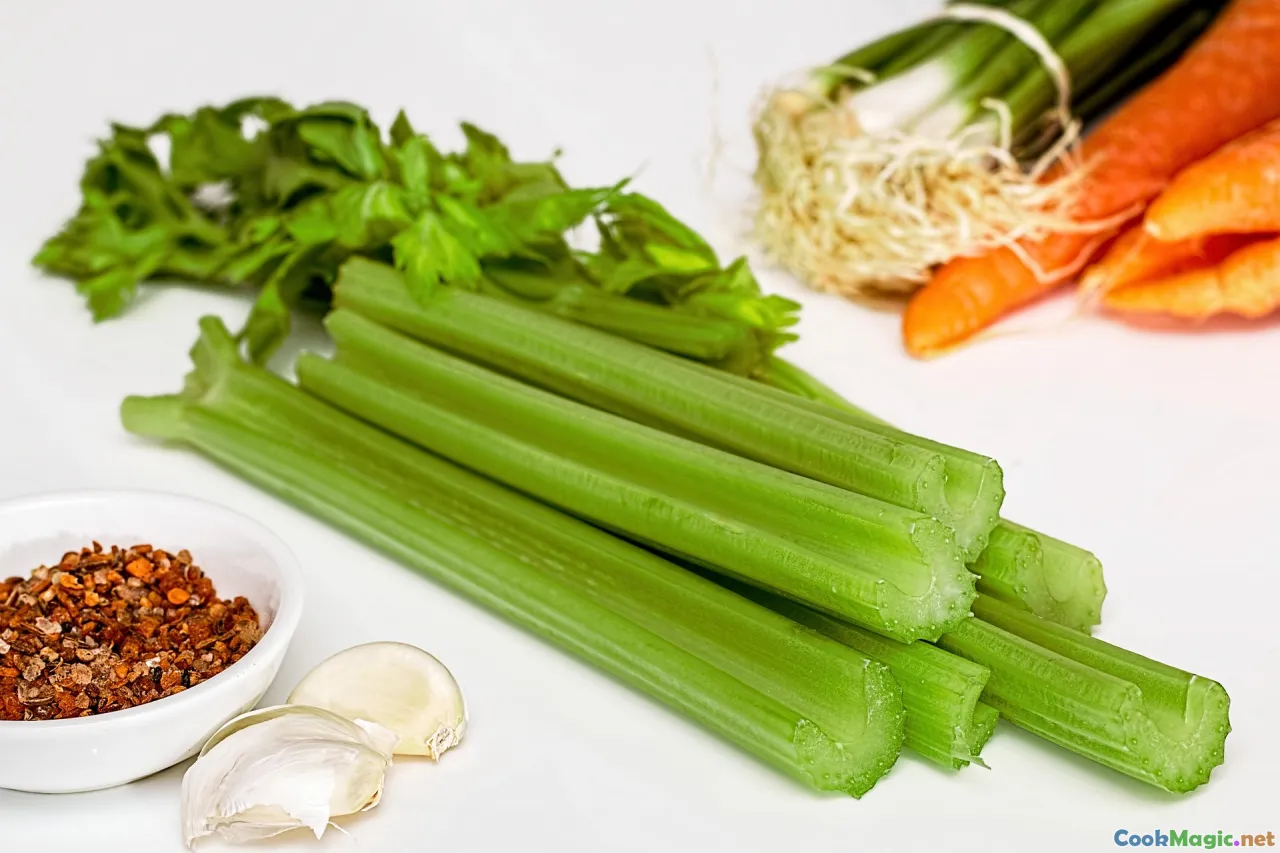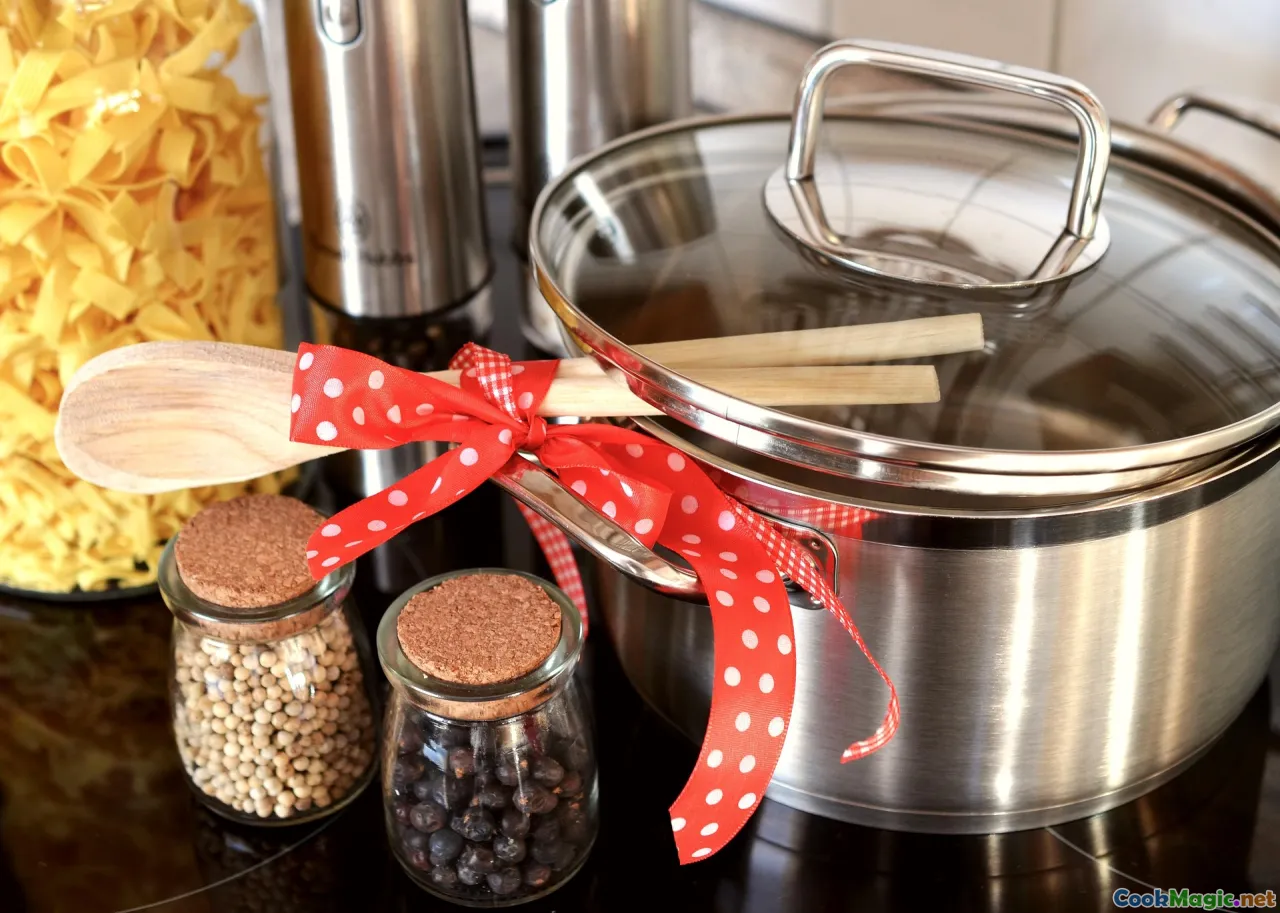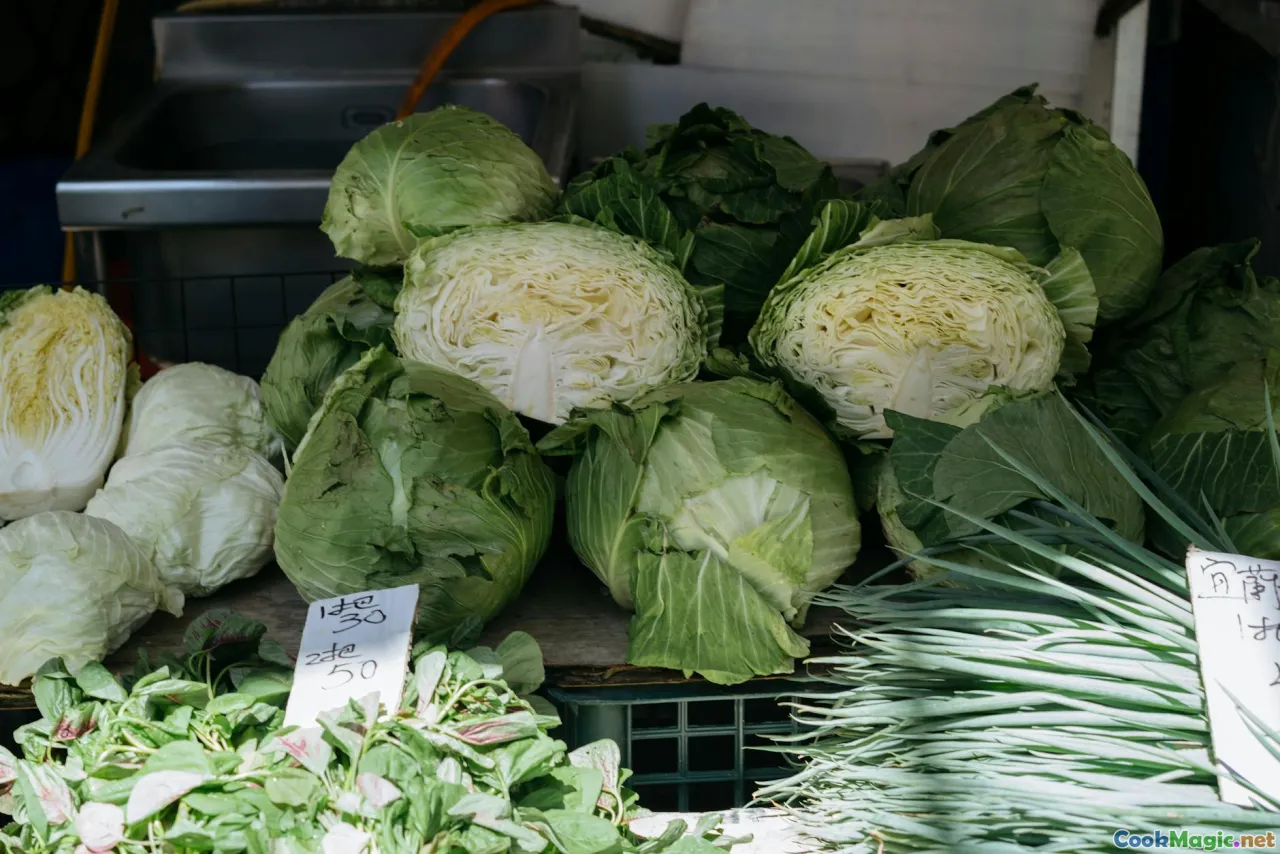Ways to Make Yassa Chicken with Local Ingredients
11 min read Discover authentic methods to prepare Yassa Chicken using fresh, local ingredients in Senegalese cuisine. June 25, 2025 21:05
Embracing the Heart of Senegalese Cuisine: Ways to Make Yassa Chicken with Local Ingredients
When pondering the rich tapestry of Senegalese food, few dishes evoke the kaleidoscope of flavors, history, and community like Yassa Chicken. Its tangy, savory allure—tickling taste buds and sparking nostalgia—embodies the soul of West African cooking. Imagine molten chicken stewed in bright lemon marinade, layered with caramelized onions that mellow into a sweet symphony, all fragrant with a dash of Senegalese spices. But beyond its traditional roots, mastering Yassa Chicken with local ingredients offers a meaningful journey into Senegal's culinary heartbeat.
Whether you're a seasoned chef eager to enrich your repertoire or an enthusiastic home cook, this guide will unravel diverse approaches to creating authentic Yassa Chicken using ingredients you can find in your local markets, maintaining its cultural dignity while infusing your personal touch.
The Cultural Essence of Yassa Chicken

Yassa Chicken isn’t merely an everyday dish; it’s a cultural emblem. Its origins are intertwined with Senegal's historical crossroads—reflecting Moorish, French, and indigenous culinary influences—merging into a signature flavor profile that speaks to community, hospitality, and resilience.
In Senegalese households, a pot of Yassa often graces Sundays or festive occasions, bringing relatives together, passing down stories with each spoonful. The dish’s bright acidity, infused from fresh lemon juice and capers (or local substitutes), symbolizes vitality, clarity, and the joy of life celebrated through food.
Personal insight: Having traveled through Dakar and Dakar neighborhoods like Pikine and Grand Yoff, I observed how street vendors subtly tweak tradition—using local citrus varieties and homemade spice blends—adding unique personal signatures that transform each Yassa into a cultural masterpiece.
Selecting Local Ingredients: From Market to Table

The foundation of an authentic Yassa Chicken is sourcing fresh, flavorful ingredients readily available in local markets—think vibrant citrus, pungent onions, spicy garlic, and aromatic herbs. Here’s how to approach your ingredient hunt:
- Citrus: While lemon is classic, in many Senegalese markets, you’ll find native citrus fruits like bitter oranges or local varieties of lemons and limes. These lend both tartness and depth—familiar yet intriguing.
- Onions: Yellow or red onions are local staples. Their sweetness when caramelized forms the backbone of Yassa’s signature sauce.
- Chicken: Opt for fresh, free-range chicken if possible. Local markets often sell whole chickens, which are ideal for slow cooking, or cut pieces like thighs and drumsticks.
- Spices and Herbs: Garlic, ginger, and hot peppers are common. If available, fresh bay leaves and parsley or cilantro add layers of aroma.
- Additional flavorings: Mustard, capers (or local substitutes like black beans or crushed peanuts in some regions), and optional vegetables such as carrots or bell peppers can enrich the dish.
Pro tip: Always select ingredients that have bright color, firm texture, and strong aroma—these ensure a vibrant and flavorful final dish.
Traditional Yassa Chicken: Step-by-Step Guide
![cooking process, simmering chicken, onions]](https://img.cookmagic.net/articles/full/2_cooking-process-simmering-chicken-onions.webp)
Ingredients:
- 1 kg fresh chicken pieces
- Juice of 2-3 local lemons or bitter oranges
- 2 large onions, sliced
- 4 cloves garlic, minced
- 1 thumb-sized piece of ginger, grated
- 2 hot peppers (like piment ouest-africain or local variants), chopped
- 2 tablespoons Dijon mustard or local mustard paste
- 1/4 cup vegetable oil
- Salt and pepper to taste
- Fresh herbs (parsley, cilantro)
- Optional: sliced carrots or peppers
Method:
-
Marinate the Chicken: In a large bowl, combine lemon juice, garlic, ginger, hot peppers, mustard, some salt and pepper. Add chicken pieces, coat thoroughly, and marinate for at least 2 hours—preferably overnight. This marinade imparts a deep tang and tenderizes the meat.
-
Caramelize the Onions: Heat oil in a wide-bottomed pot. Add sliced onions and cook over medium heat. Stir frequently until they turn golden brown and sweet—that’s the aroma of Senegalese magic.
-
Brown the Chicken: Remove chicken from marinade, reserving the marinade. Sear the pieces in the pot until golden on all sides.
-
Combine and Simmer: Add the reserved marinade to the pot, stir well. Reduce to low, cover, and let simmer for about 30–40 minutes, stirring occasionally.
-
Add Vegetables and Herbs: If using carrots or peppers, add in the last 15 minutes. Garnish with chopped herbs before serving.
Serve hot over fluffy white rice, accompanied by a fresh salad or cooked vegetables.
Tip: For an even richer flavor, you can add a handful of crushed peanuts before serving or substitute part of the lemon juice with local tamarind paste for a deeper sour-savory burst.
Variations and Modern Twists

While traditional Yassa is revered, experimenting with local ingredients and personal preferences can produce exciting variations:
- Vegetarian Version: Replace chicken with hearty vegetables like eggplant, potatoes, or jackfruit, marinated and cooked similarly.
- Seafood Twist: Use fresh fish such as Rift Valley tilapia or shrimps, marinated briefly, and cooked gently in the onion and lemon base.
- Spice Infusions: Incorporate local spices like sel et piment (seasoned salt and hot pepper mix) or add a touch of indigenous herbs like ferula or baobab leaves.
- Serving Style: Use traditional Senegalese acacia leaves or banana leaves to infuse an earthy aroma and eco-friendly presentation.
Experimental approaches like these not only celebrate local ingredients but also embrace sustainability and innovation.
Pairing and Serving Tips for an Authentic Experience

Yassa Chicken shines brightest when paired with the right accompaniments:
- Cooked White Rice: The fluffy medium-Grain rice is classic, soaking up the onion sauce.
- Fufu or Fonio: For a more local touch, serve with a slightly sour fermented millet or fonio grain.
- Vegetables: Roasted or steamed seasonal vegetables such as sweet potatoes, okra, or cassava.
- Beverages: Pair with bissap (hibiscus juice), ginger tea, or Senegalese beer.
A communal platter enhances the experience—pass around the hot, fragrant Yassa, share stories, smiles, and create lasting memories.
Tips from a Senegalese Kitchen
- Patience is key. Caramelized onions require gentle heat and slow cooking to deepen their sweetness.
- Freshness elevates the dish. Prioritize fresh lemons or local citrus for brightness.
- Balance acidity and heat. Taste as you go; adjust lemon, spice, and salt levels accordingly.
- Respect tradition but allow room for creativity. Your personal touch can turn a simple recipe into a new tradition.
Many Senegalese home cooks and street vendors develop their own secret tricks—adding a splash of local palm oil, a hint of smoked paprika, or a sprinkle of local Shito sauce—to create memorable versions.
Yassa Chicken exemplifies how humble ingredients, when crafted with care and respect for tradition, can produce a dish that is both comforting and celebratory. With the right ingredients—locally sourced citrus, fresh vegetables, and heartfelt technique—you can bring the vibrant spirit of Senegalese cuisine into your kitchen. Each pot simmered is a story of culture, resilience, and joy—a delicious testament to the enduring allure of Yassa.
So, gather your ingredients, invite your loved ones, and embark on this flavorful journey that honors centuries of Senegalese culinary artistry—one tangy, aromatic, soul-warming bite at a time.









